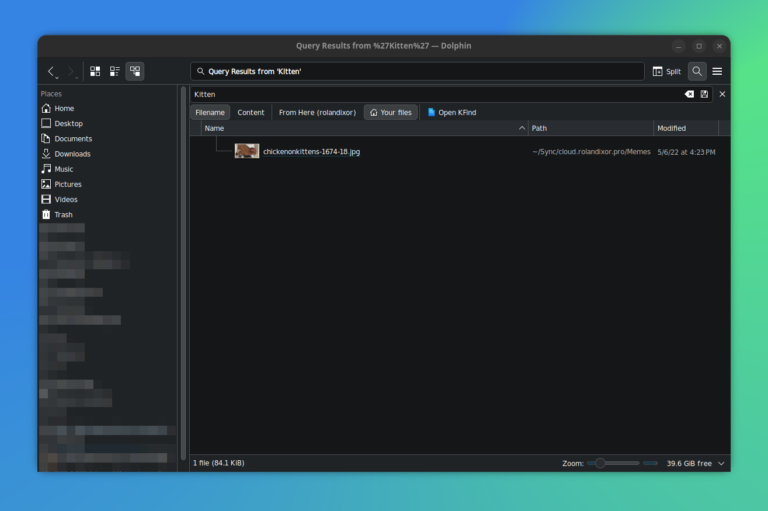The process of job hunting is often a nerve-wracking experience that demands not only the right qualifications but also an adeptness in communication and social interaction. In a competitive job market, candidates must refine their personal presentation, particularly in an interview setting. While resumes and qualifications often take center stage, it’s crucial to recognize that non-verbal cues—the way we carry ourselves, express emotions, and interact physically—play a pivotal role in creating lasting impressions. Benjamin Granger, the chief workplace psychologist at Qualrix, emphasizes the significance of body language, illuminating its vital role in how job candidates are perceived during interviews.
When we meet someone for the first time, our brains automatically begin to assess various visual cues. Granger points out that this process goes beyond merely evaluating someone’s physical appearance; it includes scrutinizing facial expressions, posture, and overall demeanor. This article delves deeper into Granger’s insights, providing valuable strategies for candidates to present their best selves during interviews and enhance their chances of success.
The Power of a Smile
The first impression often starts with a simple yet powerful gesture: a smile. Granger underscores that smiling not only serves as a universal sign of friendliness but can significantly enhance rapport with the interviewer. The act of smiling stimulates the release of endorphins, promoting feelings of happiness and relaxation. This psychological effect can create a positive feedback loop, encouraging an amiable atmosphere during the interview.
Consider the impact of smiling in practical terms. Imagine entering a room filled with stiff, anxious energy. A friendly smile can not only soften the mood but also convey enthusiasm and openness. Employers are not merely hiring a skill set; they are looking for someone who will fit into their company culture and maintain a positive work environment. A smile is often the first step in conveying that you’re a personable candidate who would contribute positively to the team dynamic.
The Importance of Open Posture
In conjunction with a smile, maintaining an open posture during a job interview is vital. Granger advises candidates to sit with their shoulders back, hands apart, and torso facing the interviewer squarely. This stance communicates engagement and receptiveness, essential qualities in any collaborative work environment. Conversely, a closed-off posture—characterized by crossed arms or legs—can project disinterest or even defensiveness. Such body language may raise red flags for interviewers, leading them to question the candidate’s suitability.
Furthermore, the concept of “mirroring” can enhance the communication experience. By subtly reflecting the interviewer’s body language (while maintaining your own openness), candidates can foster a sense of connection and understanding. This strategy can bolster rapport, making the conversation feel more like a natural dialogue rather than a one-sided interrogation.
The Right Handshake
As the interview progresses, candidates will inevitably confront the ritual of the handshake. Granger emphasizes the significance of delivering an “even handshake,” which conveys mutual respect and equality. An even handshake is characterized by firm pressure and parallel alignment of palms, demonstrating confidence and professionalism.
In contrast, the “underhand handshake,” where a person’s palm is positioned beneath another’s, can indicate deference, while the “overhand handshake,” where one hand covers another, may suggest an attempt to dominate the interaction. Candidates should be aware of these nuances as they are often subtle yet profoundly impactful. A firm, equal handshake can set the tone for a collaborative exchange, while weaker or incorrect handshakes can leave a negative impression before the interview even begins.
The Essence of Authenticity
While preparation is essential, Granger highlights that authenticity is paramount. Candidates often feel pressured to present an idealized version of themselves, yet attempting to fabricate traits or attitudes can backfire. Authentic body language cannot be disguised; it reveals itself through subtle cues that perceptive interviewers will notice. “If you fake it, they’ll know,” Granger advises, suggesting that an honest presentation of oneself is far more impactful.
Embracing one’s individuality and approaching the interview with genuine confidence can lead to a more engaging interaction. Candidates should aim to balance professionalism with an authentic depiction of their personalities. This approach not only differentiates them from other candidates but also fosters real connections with interviewers who appreciate candor and sincerity.
Practical Tips for Preparing for Your Interview
- Practice with a Friend: Engage in mock interviews with a friend or mentor. Focus on body language, including posture, eye contact, and smiling, while providing each other constructive feedback.
- Record Yourself: Utilize a camera to record yourself during practice sessions. Pay attention to your body language and gestures, assessing areas for improvement.
- Research the Company Culture: Understand the dynamics of the organization you are interviewing with. Adjust your body language and demeanor to align with their cultural values.
- Relaxation Techniques: Before the interview, incorporate breathing exercises or mindfulness practices to ease anxiety and promote a relaxed state, allowing your natural self to shine through.
- Visualize Success: Take moments to visualize a successful interview scenario, including how you want to present yourself physically. This mental preparation can boost your confidence.
Addressing non-verbal communication in interviews is no longer a luxury but a necessity for job seekers. As candidates navigate their career paths, understanding and mastering body language can lead to more favorable interview outcomes. The effectiveness of non-verbal cues, from smiles to posture and handshakes, cannot be overstated. By implementing Granger’s insights and practicing these techniques, job candidates can enhance their personal presentation, enrich their interpersonal interactions, and ultimately, move closer to securing their dream jobs.


